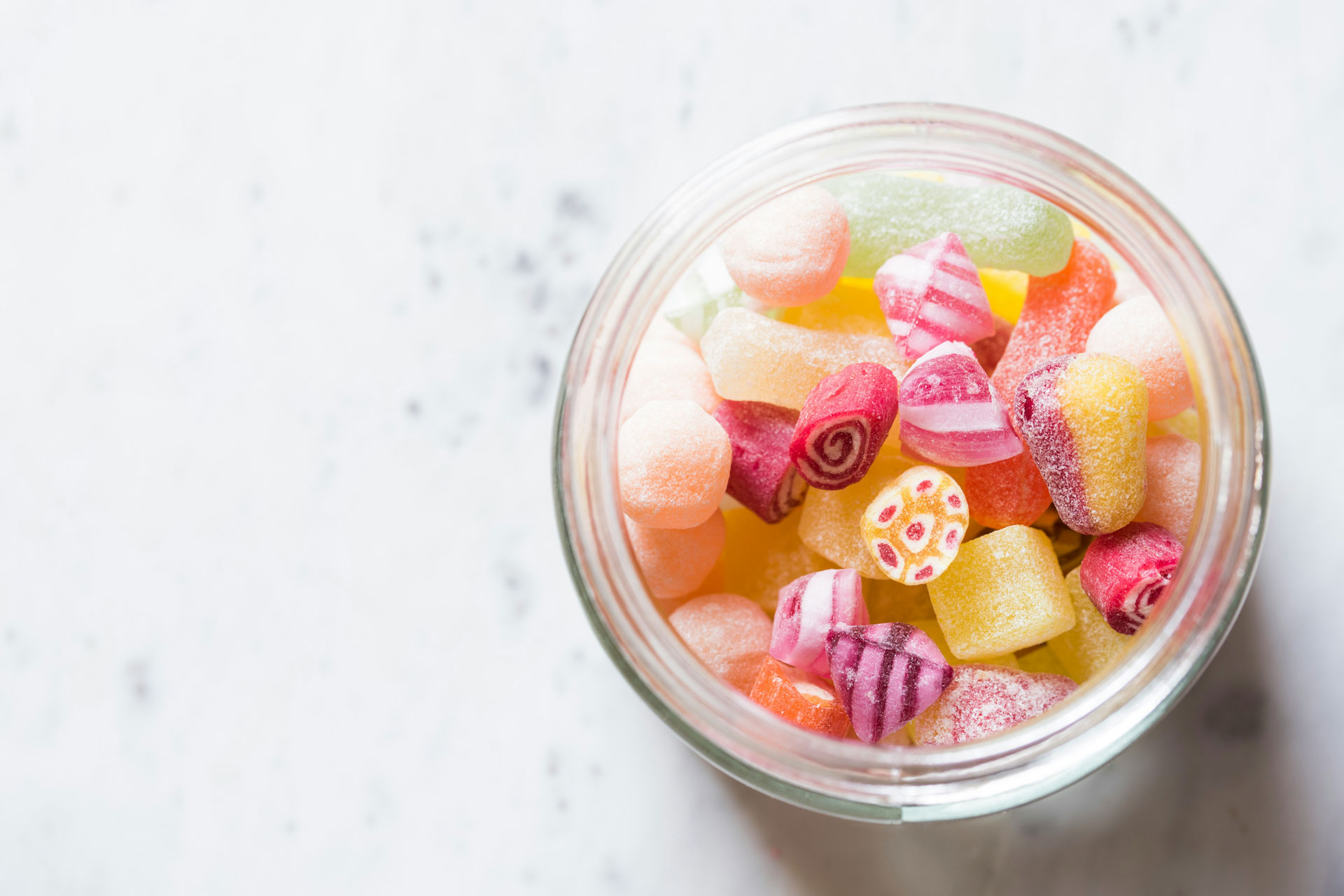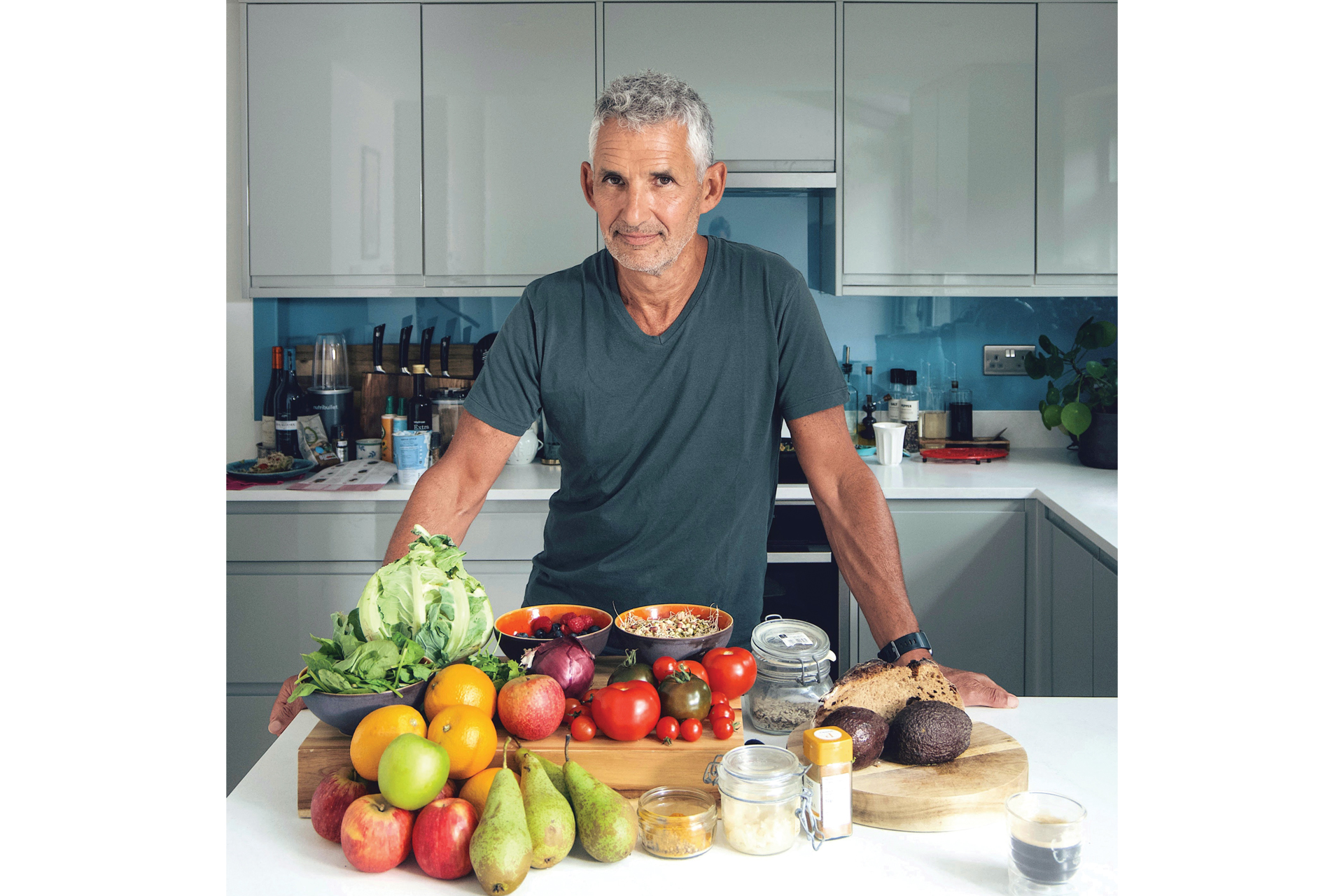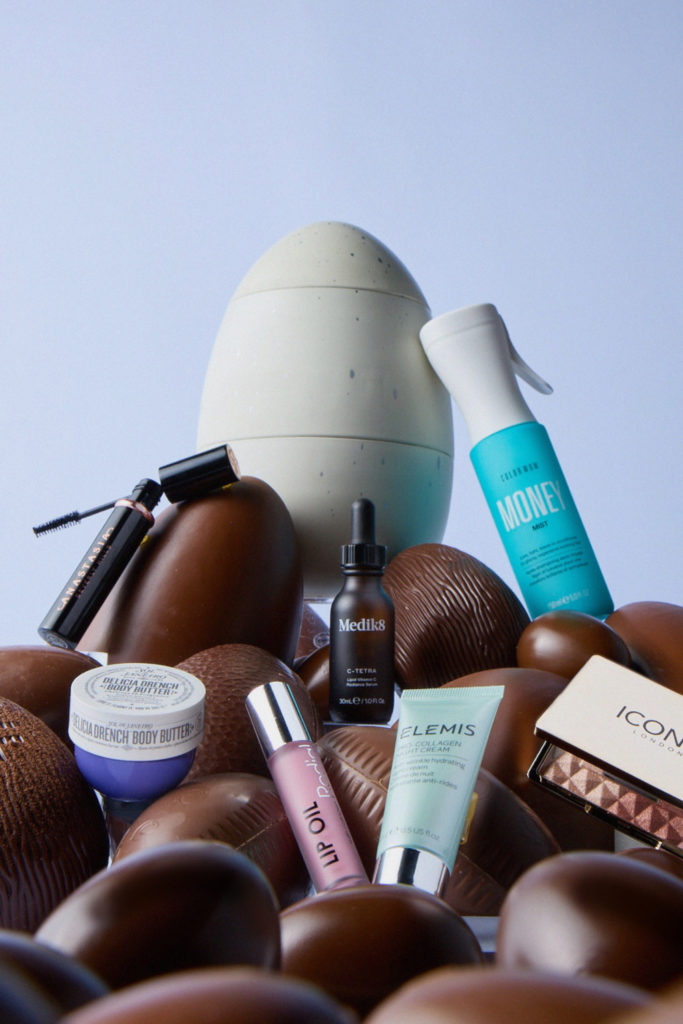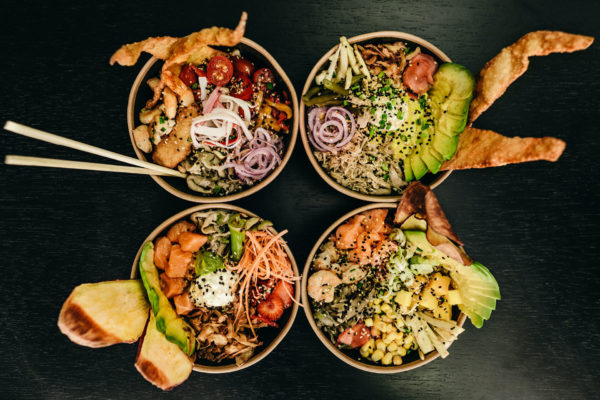Blood Sugar Tracking: The Trend Taking Over The Wellness World
By
1 year ago
Metabolic health is in the spotlight

The hottest accessory as of late is not a handbag, nor is it the latest iPhone. It’s not even an Oura Ring, the sleek wellness wearable loved by Gwyneth and Kim K. No: the status symbol of 2024 is a little yellow circle stuck to your upper arm, recognised by those in-the-know as the famous Zoe glucose patch, which had racked up a 200,000-strong waiting list before launching in spring 2022.
All of a sudden, blood sugar tracking is everywhere. In the past, it’s safe to say the majority of people – bar diabetics – never gave much thought to their blood glucose levels. But in recent years, the topic has emerged as the buzziest metric for monitoring your health, largely as a result of a spate of new devices known as continuous glucose monitors, which are now being widely marketed rather than kept within the diabetics realm.
Zoe, created by doctor and epidemiologist Tim Spector, is the most well-known, but newbies are popping up all the time, including a recent launch from health tech firm Abbott, the Lingo.
View this post on Instagram
TikTok and Instagram, meanwhile, are awash with blood sugar influencers, such as French biochemist Glucose Goddess, who has developed a cult-like following for her hacks on monitoring glucose levels in the body. She has gone on to write a book about the topic, The Glucose Goddess Method, which is filled with tips on how to ‘curb your cravings, clear your skin, slow your ageing process, reduce inflammation, rebalance your hormones, improve your mood and sleep better than you have ever done before.’ Wow – it’s tempting stuff. So should we all be jumping aboard the trend?
What Is Blood Sugar Tracking?
Blood sugar is also known as glucose, which derives from the Greek word for ‘sweet’. It’s a type of sugar which comes from the foods we eat, particularly carbohydrates, and the body uses it for energy, ensuring your organs function properly – including the brain. So what about blood sugar tracking? ‘It’s a way of measuring and tracking the amount of glucose in your bloodstream,’ says Hannah Alderson, BANT Registered Nutritionist and Hormone Specialist. ‘Too much can be dangerous, as can too little. Steady is the aim of the game.’
Our glucose levels fluctuate throughout the day, in response to the foods we eat and the order we eat them in, as well as factors like exercise and sleep. Although some sugary foods and drinks are notorious for causing excessive spikes, everyone is individual, hence the surge in glucose trackers, which offer personal information on how what you’re consuming is affecting your blood sugar levels.
‘Blood sugar regulation plays a huge role in our health – from everyday things like brain fog, energy, sweet cravings and fatigue, to more troublesome issues like weight gain, hormonal imbalance and risk of major disease,’ explains Alderson. ‘When we start to see insulin resistance in the body, this is when we see an increased risk of all of the above. But the great news is, it is highly responsive to diet and lifestyle changes.’
Who Might Benefit From A Glucose Monitor?
They might be on trend – but does everyone need a glucose monitor? ‘Understanding your individual response to certain foods can be extremely insightful and for those who respond to graphs and figures well, a nice motivational tool as you can see what is going on in the here and now,’ says Alderson. ‘However, without the guidance of a healthcare professional you may end up becoming fearful of spikes and of certain foods – it is very normal to experience spikes in the day. It is also an expensive pursuit if you want to keep it up and use an app to translate the date. Instead I would just work on balancing your blood sugar with my tips below without the need of a monitor. Your body is pretty good at telling you when your blood sugar is regulated.’
Alderson’s sentiment is shared by some leading doctors, who believe blood sugar monitors are unnecessary for those without diabetes. According to the BBC, NHS national diabetes advisor Prof Partha Kar believes there is no strong evidence trackers help those without the condition. In response, ZOE’s chief scientist Dr Sarah Berry told the BBC the company uses ‘decades’ of nutrition research, but acknowledged that ‘we don’t have all of the evidence’.

Ella Olsson on Unsplash
How Can We Reduce Blood Sugar Spikes?
‘The aim of the game with blood sugar regulation is to consume less glucose and eat in a fashion which will prevent so much glucose entering into your bloodstream,’ says Alderson. She shares some steps that might help here.
- ‘The order in which you eat your food counts. You don’t want glucose turning up to the party first as they will have VIP access to your bloodstream. If fibre turns up first, then protein and healthy fats, with glucose turning up fashionably late, it’s harder for glucose to end up in the bloodstream as there are physical barriers created by the other macronutrients. So avoid anything too carby or high in sugar on an empty tummy.
- Style your starches. It’s a lot more work for your digestive system to break down fat and protein comparatively to carbohydrates. Therefore, if you have the right ratio of macronutrients in your digestive system, you’re multitasking the body and this slows the digestion process down (and it doesn’t do such a great job of breaking the carbohydrate into starch then glucose as it’s preoccupied with the other food). And bingo, less sugar ends up in your bloodstream if you always style every meal or snack with protein and good fats.
- Up your colourful plant based fibre at every meal too.
- Vinegar contains acetic acid, a molecule that can help with blood glucose regulation as it creates more storage space in your muscles for glucose and slows the breaking down of starch into glucose. Using homemade dressings with white wine vinegar (this vinegar has the highest acetic acid levels) or having a tablespoon of apple cider vinegar in water right before a meal is a great trick to have up your sleeve.
- Movement. Work on resistance strength training alongside cardio. Having a brisk walk after eating is also a great way to support stable blood sugar.
- Sleep. Sleep disruption will negatively impact how you deal with glucose the next day, so get that eye mask on, avoid screen time before bed and keep coffee to before12pm for a great night’s sleep.
- Do something lovely for you. This might sound odd but high levels of stress in the body characterised by elevated cortisol can drive insulin resistance. Making time for lots of little moments of joy can remind your body that it is safe and not under threat and dampen down cortisol.’

Best Glucose Monitors For 2024
If you are keen to try one, here are some of the best.
Zoe
The queen of the glucose world, Zoe is a personalised nutrition programme which works in two parts: the initial test kit, and the membership. Once you’ve made it through the waitlist, you’ll be sent your glucose monitor, along with an at-home testing kit which analyses your blood fat response and gut health. After getting your results, you’ll be provided with bespoke information on how your body responds to food, along with recipe ideas and more.
Test kit is £259.99, monthly Zoe app from £24.99. zoe.com
Lingo by Abbott
Lingo by Abbott is coming to the UK this year after a preview period in 2023. Inserted into the arm using a filament, the wearable device can track glucose levels in real time, which Abbot says will allow for more personalised ways to improve health. It can be kept in place for up to two weeks at a time, with a subscription service available for users who want to analyse their blood sugar over a longer period of time.
From £89 for a single sensor. shop.hellolingo.com
Veri Method
Founded in 2019, Nordic-born Veri is another metabolic health company focused on glucose monitoring. The programme involves attaching a continuous glucose monitor to your arm and tracking your blood sugar levels for 56 days, learning about your body’s response to different food, types of exercise and other pillars along the way.
From £129 per month. veri.co









